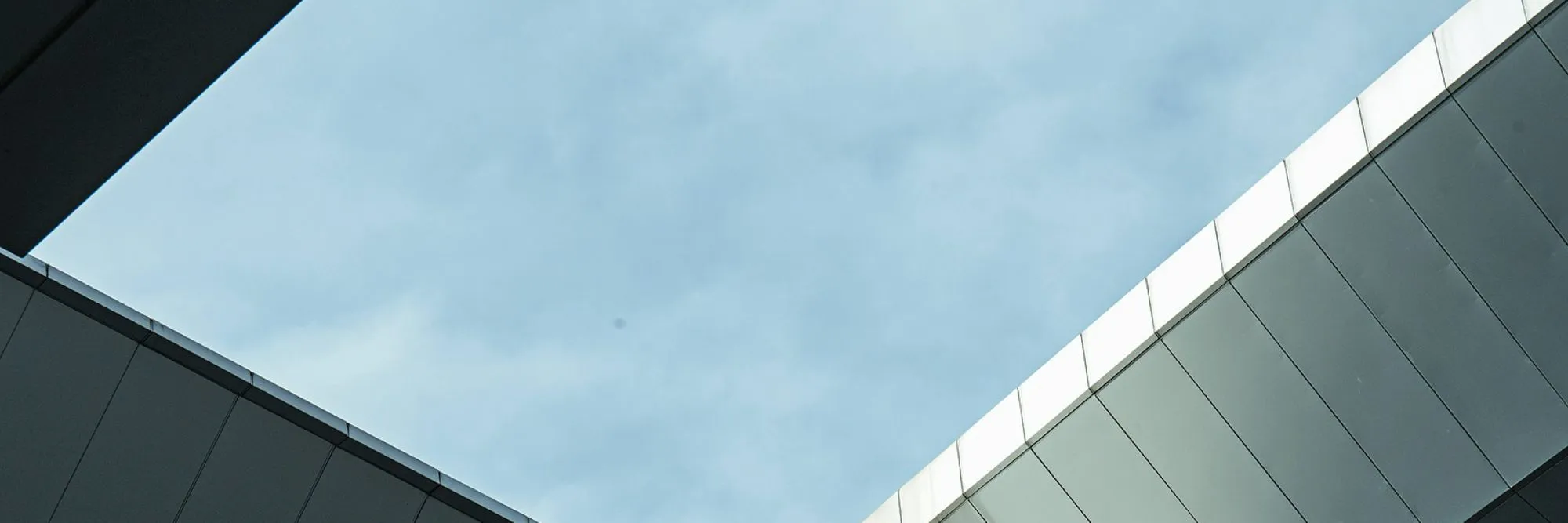A Lesson on UAE Culture and Traditions
Press Release
Blog Post

The United Arab Emirates (UAE) is a fascinating blend of traditional Arab heritage and modern influences. For tourists and expatriates, understanding UAE culture and traditions is key to appreciating the nuances of this dynamic nation. Today, we’ll explore the rich tapestry of UAE history and culture, showcasing its unique and diverse aspects.
Historical Roots and Modern Flair
UAE culture and traditions are a beautiful combination of Islamic traditions and Bedouin customs. This historical backdrop sets the stage for the UAE’s rapid modernisation, where traditional values coexist with a forward-looking mindset.
One of the most remarkable features of the UAE is the stunning coexistence of old and new architecture. While ancient forts and wind towers proudly display their heritage, ultramodern skyscrapers stand tall in the background. This seamless blend of past and future is a testament to the UAE’s commitment to preserving its rich history while embracing a vision of progress – a true reflection of the UAE culture and traditions.
What Are the UAE’s Cultural Values?
The cultural values of the UAE are centred around family, respect, and hospitality. Hospitality is a key part of life in the UAE, where guests are treated almost like family members. Additionally, respect, especially for elders and authority figures, is deeply ingrained in the Emirati culture.
In daily life, these values are reflected in social customs and etiquette. Politeness is crucial, particularly when addressing elders or guests. Traditional greetings are standard, like a handshake and the Arabic greeting “As-salamu alaykum” (peace be upon you). Despite modern influences, Emiratis have kept their cultural heritage alive, balancing tradition with modernity. This blend of values and practices helps maintain unity and a strong cultural identity in the UAE.
What Is the Food and Culture of the UAE?
The food and culture of the UAE are deeply interconnected, showcasing a rich blend of Arabian, Persian, Indian, and other culinary influences. Emirati cuisine features traditional dishes like Harees, a wheat and meat porridge, and Machboos, a flavorful rice dish. These are often prepared during religious and national celebrations, along with family gatherings, reinforcing a sense of unity and cultural identity.
Sharing meals is vital to UAE culture, symbolising hospitality and community. The culinary scene also includes popular street foods like Shawarma and Falafel, reflecting the diverse expatriate population’s influence. Additionally, customs like serving Arabic coffee and dates to guests are ingrained in social practices, highlighting the importance of food in social interactions and cultural traditions in the UAE.
Traditions and Cultural Heritage of the UAE
Discover the UAE’s culture and traditions, from art and literature to celebrations, falconry, and camel racing. Each aspect offers a unique perspective on the evolving identity of this dynamic nation.
Art and Literature
The art scene in the UAE is a combination of traditional and modern forms that reflect the cultural evolution of the nation. Galleries and exhibitions showcase traditional crafts like pottery, weaving, jewellery-making, and modern art forms. Literature is an essential artistic expression, often inspired by the desert landscape and Bedouin lifestyle. Poetry, particularly, is highly regarded in Emirati culture as it captures the essence of the land and its people. The government recognises the importance of arts in preserving and sharing Emirati culture and actively promotes them.
Celebrations and Festivals
The UAE celebrates several cultural and religious festivals throughout the year that showcase its traditions. National Day, which takes place on December 2nd, commemorates the union of the UAE and is celebrated with parades, cultural shows, and fireworks that display Emirati heritage.
Religious festivals such as Eid al-Fitr and Eid al-Adha are also enthusiastically celebrated, bringing Emirati families and communities together. These festivities serve as times of celebration and opportunities for Emiratis to reconnect with their culture and share it with the world.
Falconry and Camel Racing
Falconry and camel racing are more than just sports in the UAE. They are essential to the country’s cultural heritage and have been for thousands of years.
Falconry has a deep connection to nature and is a way for Emiratis to preserve their way of life while respecting and honouring these majestic birds. Similarly, camel racing celebrates Bedouin traditions and brings communities together in a festive atmosphere.
Both sports are popular activities and noteworthy cultural events reinforcing the UAE’s connection to its past.
Expatriate Influence
In recent years, the UAE’s cultural landscape has been shaped significantly by expatriates. With the diversification of the economy and the establishment of free zones, expatriates have flocked to the UAE, bringing diversity in practices, cuisines, and languages. This multicultural environment fosters tolerance and understanding, making the UAE a global crossroads of cultures. Expatriates’ influence is evident in cosmopolitan cities, diverse culinary offerings, and cultural events that cater to a worldwide audience.
Exploring the Cultural Mosaic
UAE culture and traditions present a fascinating mosaic of the country’s history and tremendous growth. A must-visit attraction for those who want to experience this diverse culture is Ibn Battuta Mall. This mall offers a unique shopping experience and a chance to explore different cultures, showcasing the UAE’s global and traditional character.
